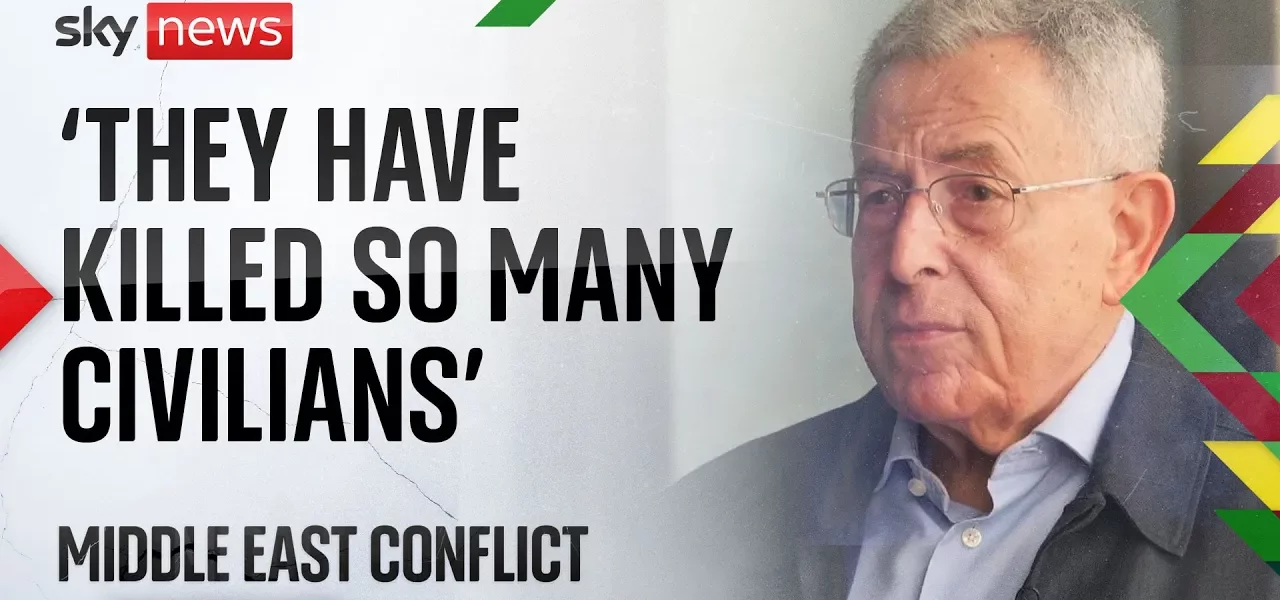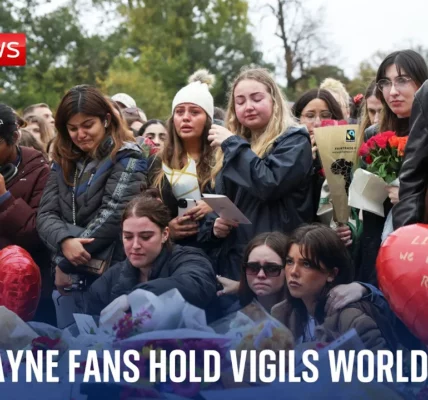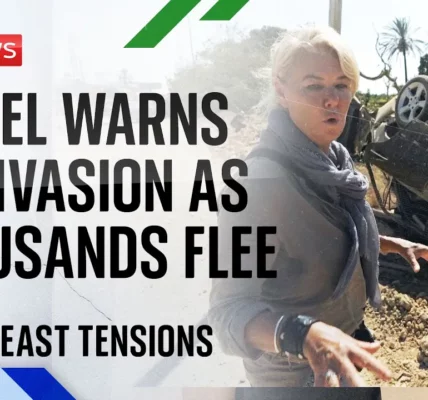War Crimes and the Future of Lebanon: An In-Depth Analysis

This article delves into the pressing issues surrounding war crimes in Lebanon, the role of Hezbollah, and the potential for the Lebanese state to reclaim its authority amidst a backdrop of conflict and crisis. Join us as we examine these critical topics in detail.
Introduction
The ongoing conflicts in the Middle East, particularly in Lebanon, have raised significant concerns regarding war crimes and the political dynamics at play. Recent events have highlighted the actions of Israel and Hezbollah, prompting a deeper investigation into the implications of these actions on Lebanon’s stability and governance. This article aims to explore the allegations of war crimes committed by Israel, the influence of Hezbollah in Lebanese politics, and the state of the nation amidst an economic and humanitarian crisis.
War Crimes Allegations Against Israel
Throughout its history, Israel has faced numerous allegations of war crimes, particularly in its operations in Lebanon and Gaza. The most recent incidents have reignited discussions regarding civilian casualties and the legality of military operations.
The Context of War Crimes
War crimes are defined as serious violations of the laws and customs of war, including the intentional targeting of civilians. In Lebanon, Israel’s military operations have reportedly led to significant civilian casualties.
- Historical instances of alleged war crimes include:
- The 2006 Israel-Lebanon War
- The 2008 Gaza conflict
- Recent operations in Gaza
Impact on Civilians
These operations have had devastating effects on civilian populations, leading to widespread displacement and humanitarian crises. The international community continues to call for accountability and justice for the victims of these conflicts.
The Role of Hezbollah in Lebanon
Hezbollah, a Shiite militant group and political party in Lebanon, has played a pivotal role in the country’s political landscape. Its actions and influence raise questions about the balance of power within Lebanon.
Hezbollah’s Influence on Lebanese Politics
Hezbollah has been accused of hijacking the Lebanese government, manipulating political factions to maintain control. This has led to a weakened state and a fragmented political environment.
- Manipulation of Political Factions
- Use of Military Force
- Impact on National Security
Consequences of Hezbollah’s Actions
As Hezbollah continues to exert its influence, the Lebanese state struggles to maintain authority, leading to a potential power vacuum that could destabilize the region further.
Lebanon’s Economic and Humanitarian Crisis
Lebanon is currently facing one of its most severe crises, with economic collapse looming and over a million displaced individuals due to ongoing conflicts. Understanding the roots of this crisis is crucial for evaluating Lebanon’s future.
State of the Economy
The Lebanese economy has been battered by years of mismanagement, corruption, and conflict. Key factors contributing to the crisis include:
- High unemployment rates
- Inflation and currency devaluation
- Collapse of essential services
Humanitarian Impact
The humanitarian situation has deteriorated, with many citizens unable to access basic necessities. The international community faces pressure to provide aid and support for recovery efforts.
Looking Forward: Opportunities for Lebanon
Despite the challenges, there are opportunities for Lebanon to reclaim its governance and stability. Addressing the influence of Hezbollah and fostering a cohesive national identity are critical steps forward.
Ceasefire and Peace Efforts
Establishing a ceasefire and engaging in dialogue are essential for rebuilding trust among Lebanese citizens and political factions. A focus on proper implementation of UN resolutions, such as Resolution 1701, could facilitate peace.
The Role of the International Community
Encouragement from the international community for Iran to cease its interference in Lebanese affairs could pave the way for a more stable political environment. Global support for economic recovery programs is also vital.
Conclusion
In summary, the situation in Lebanon is complex, with ongoing allegations of war crimes, the significant influence of Hezbollah, and a dire economic crisis. However, there are pathways toward recovery and stability. It is crucial for Lebanese citizens and the international community to work collaboratively to reclaim sovereignty, address humanitarian needs, and pave the way for a peaceful future. We invite readers to reflect on these issues and consider how they can contribute to Lebanon’s journey toward recovery.
“`




